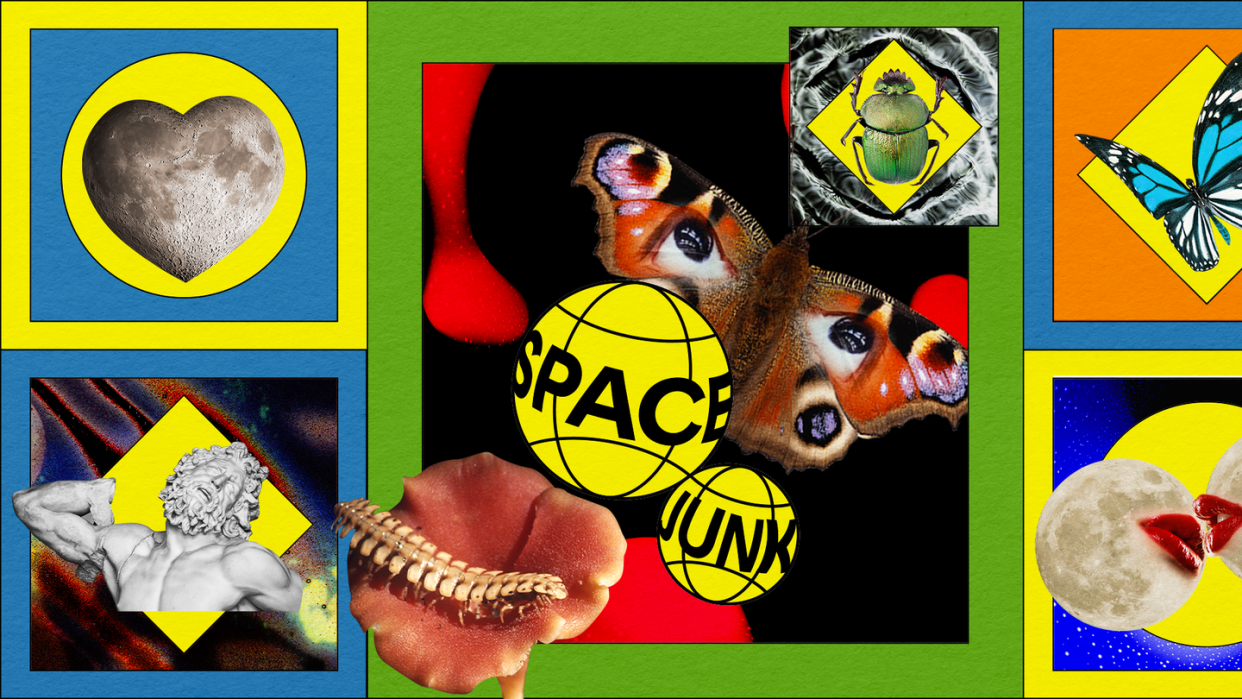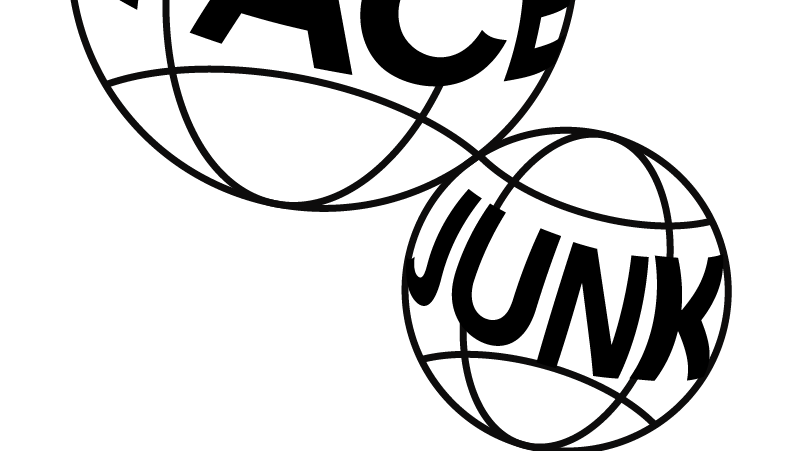Eclipse Season Is the New Mercury Retrograde

Have you been feeling extra tired recently? Stressed? Discombobulated? If you’re wondering which astrological event you can blame, let me provide you with the answer: We are currently in the middle of eclipse season. And eclipse season is the new Mercury Retrograde.
Let me explain a bit more about what I mean: For a long time, most of the general population hadn’t even heard of Mercury Retrograde, and to astrologers, it wasn't that big of a deal, either. According to Harper's Bazaar, Mercury Retrograde started to pop up in astrological analyses of technology in the ‘80s and ‘90s, but it wasn’t likely to appear in, say, a Cosmo horoscope. But beginning in the early 2010s, Mercury Retrograde went viral. There isn’t a true consensus about what caused it to break into the mainstream. Bustle reports that the website IsMercuryInRetrograde.com launched in 2009 and saw a huge spike in traffic beginning in 2011; a 2015 Taylor Swift interview caused another uptick (her powers truly know no bounds). And of course, a general surge of interest in astrology led to wider astro-literacy. But I think even the most astro-casual among us can agree that Mercury Retrograde has been a mainstream meme for at least the past five years, if not 10 or 15.

Google trends data backs this up: Searches for “Mercury retrograde” slowly start to pick up in 2011 and then peak in 2019. They decline from there (yes, I am telling you that Mercury Retrograde is going the way of skinny jeans). And TBH, I’m not mad about it. After all these years, the “Mercury in Gatorade” and “Mercury in the microwave” memes are getting a bit old. McDonald's even launched a Mercury Retrograde promo deal last year—that's how you know it's as mainstream as it can be.
While Mercury Retrograde is on the pop astrology downturn, another cosmic event is on the come-up: Eclipse season. Searches for “eclipse” peak, naturally, around the time of eclipses every year, but Google trends data also shows that search interest for eclipses in October 2023 is around twice as high as it has been at any point in the past five years. I’ve noticed this when it comes to our own horoscope content here at Cosmo, too: Our Mercury Retrograde horoscopes were at their most popular in the first half of 2021, while our two most-read eclipse horoscopes are from May 2022 and May 2023 (our most recent eclipse horoscopes are still picking up readers; ask me about them in a few weeks).
Some of this can be blamed, of course, on Google changing its search algorithm (the bane of all digital editors’ existence), but I’ve observed this anecdotally, too. Several of my friends and coworkers told me something like, “Wow, this eclipse season is hitting me hard” over the past week, and I’ve noticed that some of the astrologers I follow are posting more and more eclipse content on social media.
As Cosmo’s senior astrology editor, I’m excited about this for more reasons than just Mercury Retrograde meme fatigue. For one, Mercury Retrograde occurs three or four times a year, and lasts for roughly three weeks each time—which, let's be real, is a lot of time, and that’s not even counting the pre- and post-Mercury Retrograde shadow periods (or "retroshade"), which add another two-ish weeks onto each end. Eclipses are legitimately rarer: Each lasts only one day, and they occur between four and seven times a year. Yes, there is a whole “eclipse season” twice a year (sometimes three times) because eclipses often happen in quick succession—but even when you add all of those individual days together, it's still shorter than all that Mercury Retrograde time.
Plus, astrologically, eclipses are a bigger deal. Eclipses occur when the Moon lines up with what astrologers call “The Nodes of Destiny,” which are the two points where the Moon's orbit intercepts the Sun’s ecliptic. As you might guess from that just-a-little-bit dramatic name, the Nodes of Destiny have a lot to do with your, well, destiny. They reveal the spiritual path you follow in life. And this means that eclipses are associated with big and even shocking moments of change; astrologers have described them to me as moments when your fate speeds up. Mercury, on the other hand, rules more day-to-day stuff like travel, technology, and communication. When Mercury appears to move backwards in its orbit, aka goes retrograde, all these areas of life go a little backwards, too. And those hiccups are annoying, yes, but not usually life-changing stuff.
Personally, as an astrology editor who felt like Mercury Retrograde was getting a bit too corporate, I’m glad to see pop astrology evolving to embrace the eclipse. The next one is on October 28: Get your texts and memes ready, because you’ll definitely have something to blame the eclipse for.
You Might Also Like

